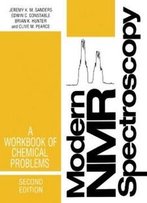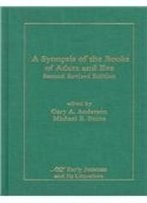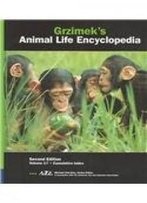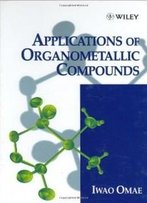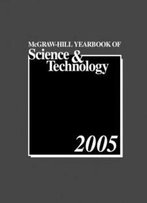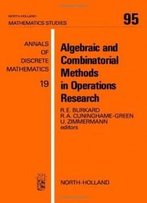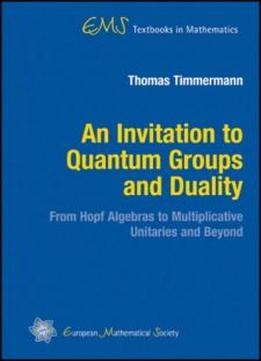
An Invitation To Quantum Groups And Duality (ems Textbooks In Mathematics)
by Thomas Timmermann /
2008 / English / PDF
5.6 MB Download
This book provides an introduction to the theory of quantum groups
with emphasis on their duality and on the setting of operator
algebras. Part I of the text presents the basic theory of Hopf
algebras, Van Daele's duality theory of algebraic quantum groups,
and Woronowicz's compact quantum groups, staying in a purely
algebraic setting. Part II focuses on quantum groups in the setting
of operator algebras. Woronowicz's compact quantum groups are
treated in the setting of $C^*$-algebras, and the fundamental
multiplicative unitaries of Baaj and Skandalis are studied in
detail. An outline of Kustermans' and Vaes' comprehensive theory of
locally compact quantum groups completes this part. Part III leads
to selected topics, such as coactions, Baaj-Skandalis-duality, and
approaches to quantum groupoids in the setting of operator
algebras. The book is addressed to graduate students and
non-experts from other fields. Only basic knowledge of (multi-)
linear algebra is required for the first part, while the second and
third part assume some familiarity with Hilbert spaces,
$C^*$-algebras, and von Neumann algebras.
This book provides an introduction to the theory of quantum groups
with emphasis on their duality and on the setting of operator
algebras. Part I of the text presents the basic theory of Hopf
algebras, Van Daele's duality theory of algebraic quantum groups,
and Woronowicz's compact quantum groups, staying in a purely
algebraic setting. Part II focuses on quantum groups in the setting
of operator algebras. Woronowicz's compact quantum groups are
treated in the setting of $C^*$-algebras, and the fundamental
multiplicative unitaries of Baaj and Skandalis are studied in
detail. An outline of Kustermans' and Vaes' comprehensive theory of
locally compact quantum groups completes this part. Part III leads
to selected topics, such as coactions, Baaj-Skandalis-duality, and
approaches to quantum groupoids in the setting of operator
algebras. The book is addressed to graduate students and
non-experts from other fields. Only basic knowledge of (multi-)
linear algebra is required for the first part, while the second and
third part assume some familiarity with Hilbert spaces,
$C^*$-algebras, and von Neumann algebras.
